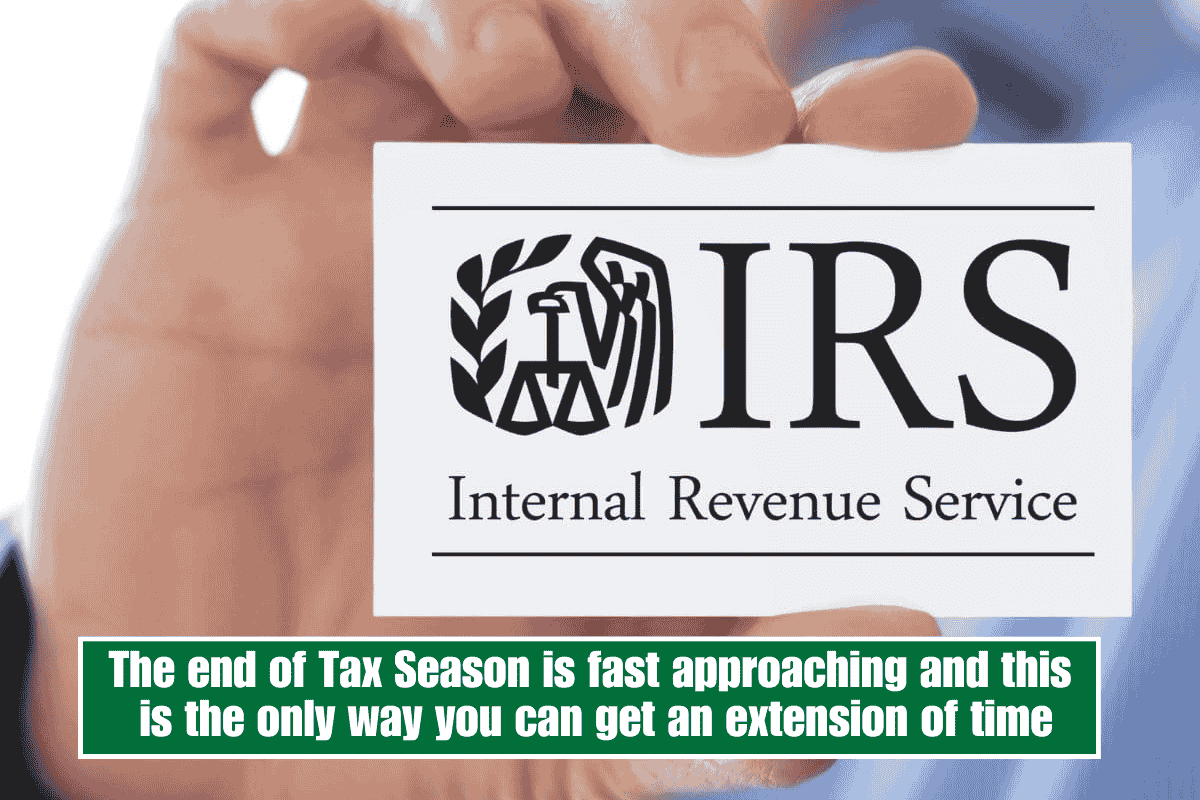Every year, thousands of taxpayers in the United States fail to claim their tax refunds. For the 2021 tax year, the Internal Revenue Service (IRS) has announced that over 1.1 million people may be leaving money on the table. However, there is a deadline: April 15, 2025, after which these funds will be transferred to the federal government.
With an average refund of $781 per taxpayer, the IRS estimates that the total unclaimed refunds exceed $1 billion. Importantly, this figure excludes other benefits such as the Earned Income Tax Credit (EITC) and the Recovery Credit, which could significantly increase the amount that some people are eligible to receive.
Failing to file a tax return means missing out on not only a potential refund, but also benefits that could help many families improve their financial stability. Workers with low and middle incomes may be eligible for the EITC, which in 2021 was worth up to $6,728 depending on the number of children and the taxpayer’s marital status.
How to claim a IRS 2021 refund before the deadline?
For those who have not yet filed their 2021 tax return, the process may appear complicated, but there are several options to make things easier. The first step should be to gather the necessary paperwork, such as W-2, 1099, 1098, or 5498 forms, which can be obtained from banks, companies, or other organizations that originally provided them.
To help taxpayers retrieve this information, the IRS offers online resources. People can view transcripts of previous tax returns and verify their tax history using their Individual Online Account. In addition, you can request a transcript by mail or file Form 4506-T to obtain a detailed summary of the income received that year.
Because the process can take weeks, it is critical that you move quickly. In addition to receiving a refund, timely filing of the return helps you avoid problems with future returns or potential withholdings from IRS payments.
This could influence in the IRS Refund
While many taxpayers will be able to receive their money without issue, some may face withholdings or offsets on their refund. For example, if a person owes money to the IRS or state agencies, such as back taxes or unpaid child support, the refund may be automatically applied to those obligations.
It’s also worth noting that if the taxpayer hasn’t submitted their 2022 or 2023 taxes, the IRS may delay the refund until all of their tax obligations are up to date. This emphasizes the importance of filing taxes on time, even if revenue was insufficient in some years to require a formal return.
To avoid losing these refunds, the IRS recommends collecting the necessary paperwork now rather than waiting until the last minute. For many people across the country, completing a few minutes of paperwork today could result in the return of hundreds or even thousands of dollars.














